COVID-19 (Coronavirus)

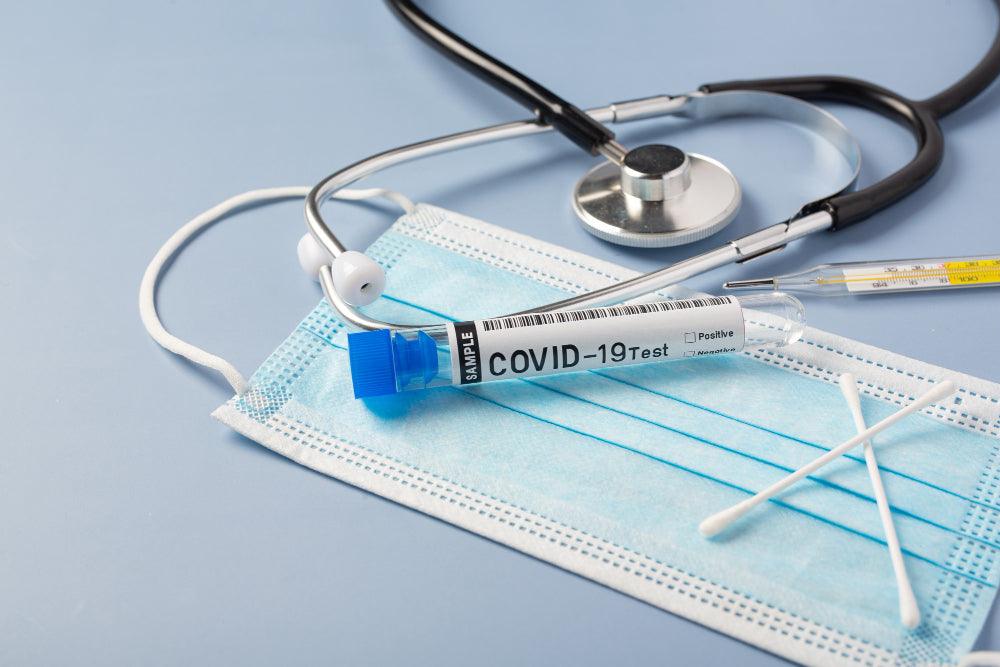
Related products
Coronavirus 2022 (COVID-19)
This article will be a comprehensive overview of COVID-19. In this article we will cover the following topics.
- An overview of what is COVID-19
- What causes COVID-19
- What are the symptoms of COVID-19
- How do you test for COVID-19
- What treatments are available for COVID-19
- The COVID-19 Vaccine
- The impact between COVID-19 and your health
- Prevention of COVID-19
- Variants of COVID-19
An overview of what is COVID-19
Coronavirus is a contagious disease spread through droplets expelled from an infected person to a healthy person as they sneeze or cough. It is a severe virus that infects the respiratory tract and can be deadly to the elderly and those with weakened immune systems. It is termed "Corona" because of crown-like spikes present on the virus's surface.
The disease brought on by SARS-CoV-2 was named COVID-19 by the WHO. The abbreviation got from "Covid disease 2019. " The name was decided to try not to deride the infection's beginnings regarding populaces, geology, or creature affiliations.
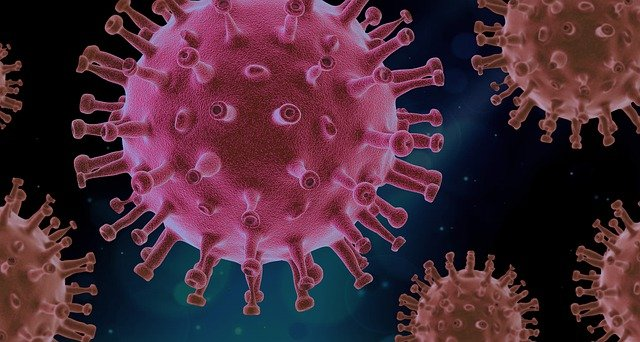
According to a World Meter.info report, by the year it comes (2019) to 2022, it has effectively infected all the continents and become a pandemic, causing the deaths of millions of people.
|
|
Continents |
Total Deaths |
|
1. |
Europe |
1,798,713 |
|
2. |
North America |
1,452,855 |
|
3. |
Asia |
1,415,643 |
|
4. |
South America |
1,291,923 |
|
5. |
Africa |
253,383 |
|
6. |
Oceania |
9,999 |
|
7. |
Total |
6,222,531 |
This is the maximum death ratio. The figure for total deaths keeps changing and is updated on World Meter every day.
What causes COVID-19
Coronavirus is believed to have originated in bats, camels, and cats. However, it doesn't infect them. In December 2019, a new virus called Coronavirus emerged from a seafood market in Wuhan, China. It has since spread around the world and caused several deaths.
What are the symptoms of COVID-19
Fever, exhaustion, and a dry cough are the most typical signs of COVID-19. Aches and pains, runny nose, sore throat, loss of taste and diarrhea are additional symptoms that some people may experience. Typically, these signs and symptoms show up 2 to 14 days after virus exposure. People occasionally might only exhibit minor symptoms or even none at all. A headache, conjunctivitis (red eyes), skin rash, and discoloration of the fingers or toes are less frequent symptoms. People with severe COVID-19 infections may have trouble breathing, chest pain, confusion, or have trouble staying awake and alert. Seek immediate medical attention if you experience any of these symptoms. If you are experiencing COVID-19 symptoms or have come into contact with someone who has been diagnosed with them, you should isolate. Also there are some variant such as xe variant which is having low death rates as compared to other variants.
Test for Covid 19
Testing for Covid 19 has become a hot topic of discussion due to the novel Coronavirus pandemic that is sweeping the globe. The best way to diagnose this virus infection is a challenging and constantly changing problem. We will examine what tests are currently available and delve into their accuracy rates in order to better understand the mechanisms in place for correctly identifying if someone has been infected with Covid-19 such as what is an antigen Test and what is a fit to fly covid test. Keep reading until the end to learn more about the vaccines and treatments that are currently being developed! Rad our other articles for more information about the types of testing and the liquid in a covid lateral flow test?
Do you want to know more about the Covid 19 tests? It's understandable if you feel overburdened given the abundance of information available and the rapid advancement of science. What exactly do various medical examinations and laboratory tests that can identify the virus entail? You may have heard of them. In this blog post, we'll list all the tests that are available and offer useful advice for getting results.
If you would like to order a Covid Antibody Test, please click here.
Treatment for COVID-19
COVID-19 has changed the world as we know it, leaving an unprecedented impact on our health and day-to-day lives. While scientists work at breakneck speed to find a vaccine, there are treatments available now for people infected with the virus—and knowledge about them is incredibly important for staying safe. In this blog post, we'll dive into the issues surrounding treatment for COVID-19: from current drug trials to promising new therapeutic options. We'll explore what treatments already exist and unpack why certain therapies may or may not be used in different contexts. Read on to learn more about how medical professionals are fighting one of humanity's greatest adversaries—Covid 19!
Are you a Covid-19 victim who is coping with the consequences of this pandemic virus? Millions of people worldwide have been impacted by the novel coronavirus, which currently has no known cure. The symptoms of an infection can cause fear and confusion in those who experience them, but there are treatments that could help ease their pain and discomfort. In this article, we'll examine a few of the available therapies and consider how they might be used to treat Covid 19. We'll go over any medications, dietary or lifestyle changes, or other therapeutic possibilities that could offer relief so you can carry on living your life to the fullest with the least amount of disruption.
Easy to implement practises to mitigate against COVID-19 include supplementation. One of the best know links between COVID-19 and treatment is through vitamin D. Click here to read about vitamin D and its link to COVID-19.
The COVID-19 Vaccine
The COVID-19 vaccine is the most effective way to keep both you and other people healthy. It's crucial to keep in mind that getting vaccinated is just one component of the solution. Controlling the spread of COVID-19 requires wearing masks like FFP2 Mask, staying away from crowds, and engaging in social distancing. It's crucial to follow the guidelines and best practices for halting the spread of the virus provided by your local government. This entails doing things like frequently washing your hands, taking your temperature, and covering your mouth and nose when you cough or sneeze. Everyone should get the COVID-19 vaccine when it becomes available, according to the Centers for Disease Control and Prevention (CDC). Although the vaccine is thought to be safe and effective, there may be side effects. Scientists have questioned whether there is a link between infertility and having the COVID-19 vaccine, read this article: Does the COVID vaccine affect fertility?
Impact of COVID-19
The Covid-19 pandemic has significantly disrupted people's lives, means of subsistence, and the world economy. We will examine the various ways that Covid 19 is affecting our daily lives in this blog post, from health care and education to business operations and travel restrictions. But those with existing heart conditions such as blood clot which can lead to life-threatening complications like stroke or pulmonary embolism. As a result, doctors are debating whether they should be prescribing blood thinners to those affected by COVID-19 to try and prevent any serious illnesses due to this risk factors are one group that is especially susceptible to this crisis.
Heart disease can present various difficulties for people trying to maintain their health at this time, so it's crucial to understand how covid can make things even more difficult for people with heart issues and understand if COVID-19 can cause blood clots. We will also talk about how governments are dealing with the crisis by implementing social segregation policies, economic stimulus plans, and other programs meant to help us get through these extraordinary times. Join us as we investigate Covid 19's global effects!
Best ways to avoid spreading Coronavirus
Prevention & Precaution
The Food and Drug Administration is providing the United States with urgent approval for the COVID-19 vaccine. Comirnatin is now being developed for the prevention of COVID in teenagers and adults. Pfizer BioNTec CoVID19 is approved to be used as a preventative drug for infants and children between 0 and 16. The FDA recently approved Moderna a vaccine known as Spikevax that is effective in treating cholestatic diseases. Vaccines are useful for preventing a person from acquiring various types of COVID-19 infection. Furthermore, COVID-19 vaccination might offer better protection against getting sick with the flu.
It can take several days to develop symptoms of Coronavirus once infected. However, you are not considered infected after ten days of presenting the symptoms. Therefore, the following are the six best ways you can adopt to avoid getting infected and spreading this deadly infection.
· Stay 6 feet away from everyone in public or even in the home.
· Wear a face mask that covers your nose and mouth.
· Wash your hands frequently, and when water and soap are not available, use a hand sanitiser that contains a high amount of alcohol, at least 60%.
· Avoid large gatherings and crowded events.
· Stay self-isolated once coronavirus symptoms are present.
· Frequently wash and disinfect touched surfaces that are being over a large audience.
· By taking proper supplements such as Vitamin D to improve the immune system.
Variants of Corona Virus
Researchers and medical experts have been working hard to better understand the virus as the Covid 19 pandemic spreads across the globe. There is now evidence to support the idea that there are numerous Covid 19 variants circulating in our population. This implies that rather than only being exposed to one strain of the virus, we might unintentionally be catching mutated variants of it quickly through our daily lives. In this blog post, we'll go into more detail about how these variants form and what it might imply for our future efforts to combat this deadly pandemic. Are you concerned about the most recent Covid 19 variations? If so, it's time to investigate the significance of these variations and how they might impact your health. This article explores the various Covid 19 mutation types and how they might lead to the development of drug or vaccine resistance. You'll get a summary of the most recent findings in this field of study, as well as a look at some potential preventative measures that might aid in the fight against this virus. So read on and take extra precautions if you want to beat this pandemic! To read more about the different variants of covid 19, read this article on the Difference between Delta, Omicron and Deltacron.
How do you get Corona Virus?
· The infection goes in respiratory drops delivered up high when an infected individual sneezes, talks, coughs and sings close to you. You might have the virus when you inhale these droplets.
· Likewise, you can get Covid from close contact (interacting, shaking hands) with a contaminated individual and afterwards touching your mouth, nose, eyes, and face.
Symptoms of Coronavirus
Every infected person with corona experiences different types of symptoms. It is even possible to be corona positive and have no symptoms simultaneously. But in general, the following are the symptoms that have been reported from all over the world.
1. Sneezing
2. Coughing
3. Fever or chills
4. Headache
5. Difficulty and shortness of breathing
6. Nausea and Vomiting
7. Muscular pain or Body ache
8. Sore throat
9. Loss of taste or smell - read here to find out how to get back your taste after COVID-19
10. Fatigue (tiredness is a sign of COVID-19)
Can Vaccinated people still get Covid?
Indeed, you probably can get COVID-19 regardless of whether you've been vaccinated. No vaccinations are 100% successful. Advancement situations (when somebody tests positive over fourteen days after they're entirely vaccinated) are expected, particularly as the SARS-CoV-2 virus mutates.
The vaccinations fundamentally reduce being infected, but don't wipe out the risk of getting the virus.
Quarantine yourself after interaction with an infected person
You should go for self-isolation for 5 days after interaction with an infected person if:
· You are not vaccinated
· You haven't taken your booster vaccine, and six months have passed since your second dose.
This quarantine period might shift contingent upon variation strains and the accessibility of testing.
You should also make sure to wear a face mask to stop spreading the virus in case you have caught covid-19. The best types of face mask are FFP2.
How to manage Symptoms of covid at home
If your body starts presenting the mild symptoms of Coronavirus or if you have confirmed corona-positive and manage your symptoms at home. The following tips will help you to combat:
1. Wash your hand frequently
The first step to flight with this deadly virus is to wash hands frequently and long as 20 seconds almost.
2. Get Rest and stay hydrated
Drink plenty of fluid; water would be the best fit.
3. Cautiously cough or sneeze
Stay away from people while sneezing and coughing. While sneezing, uses the inner side of your elbow and covers your cough.
4. Strictly prohibit sharing personal items
If you manage your symptoms at home, avoid getting in touch with other family members residing in your home and not sharing anything with them, such as drinking and eating utensils, bedding, or other accessories.
5. Use Disinfectant Spray
Frequently clean all touched surfaces in contact, including doorknob, counter, tabletops, and others. Use disinfectant spray, which has at least 60% alcohol.
If you have mild symptoms of covid, you might have a soft case that can be treated and managed at home. But if you think that these symptoms are getting worse, you should not doubt it and immediately call 911 for help.



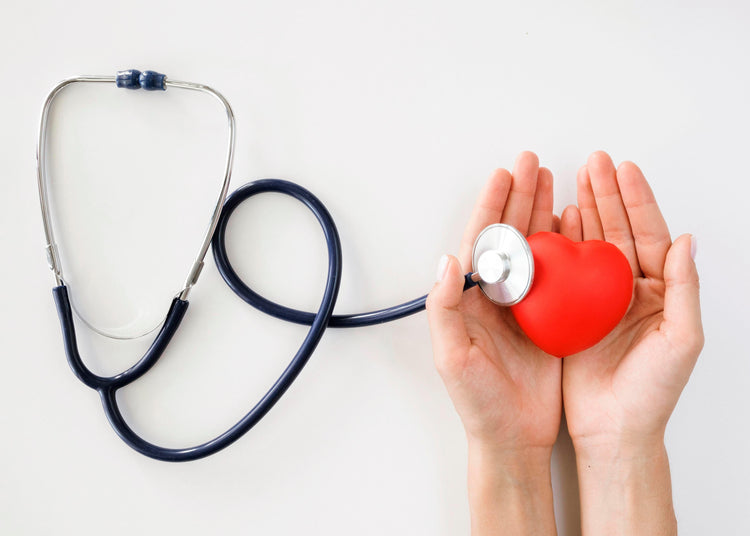
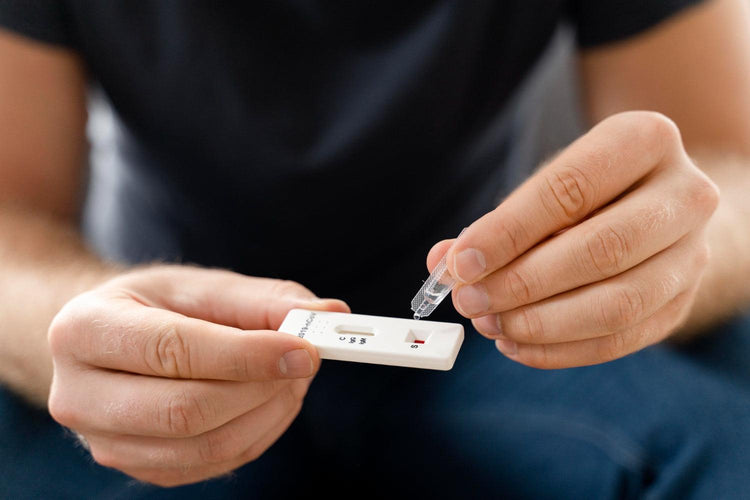
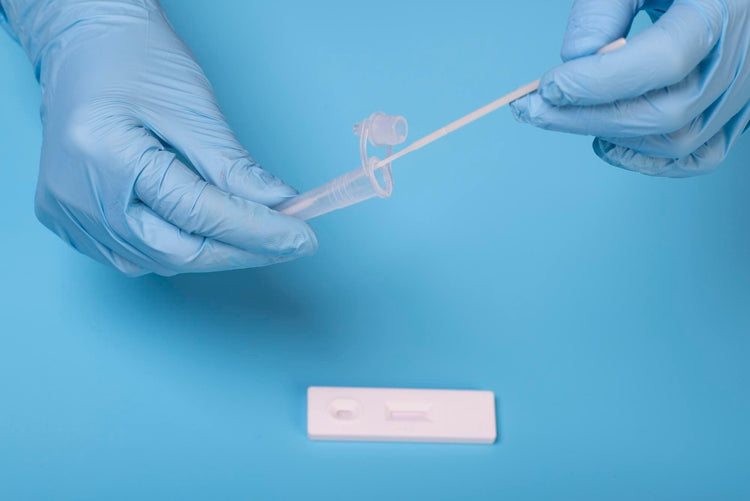
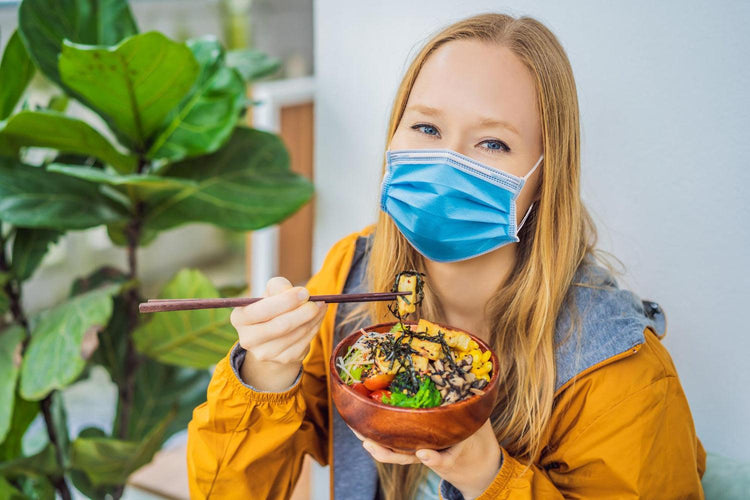

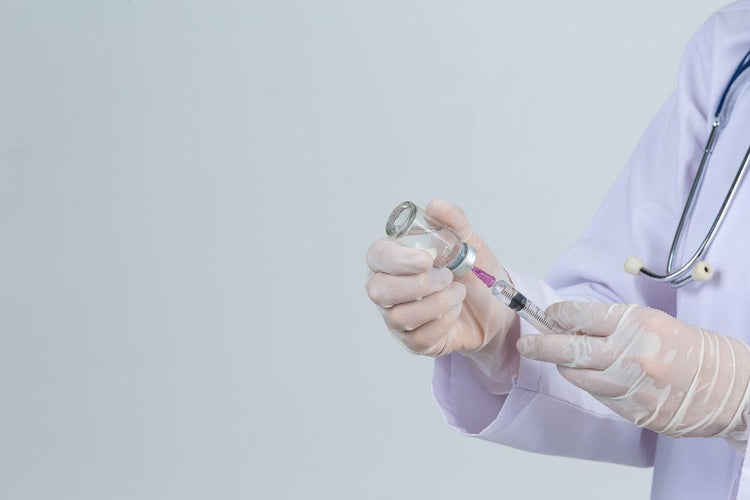
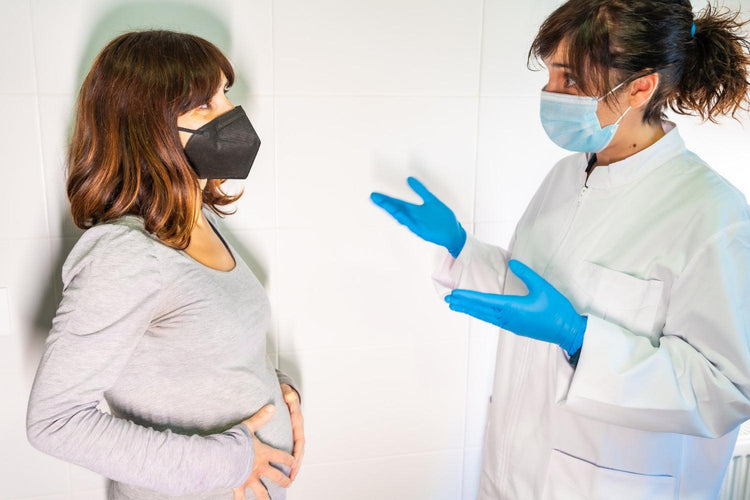

 Rated Excellent by 26,523+ Reviews
Rated Excellent by 26,523+ Reviews